Review of Wisconsin talk radio finds stark divides, misinformation
Among six talk radio hosts whose shows were reviewed, conservative WIBA and WISN host Vicki McKenna spread far more misinformation than those from other stations, while the only show with zero misinformation — Wisconsin Public Radio's "Central Time" — was canceled.
Wisconsin Watch
October 16, 2024
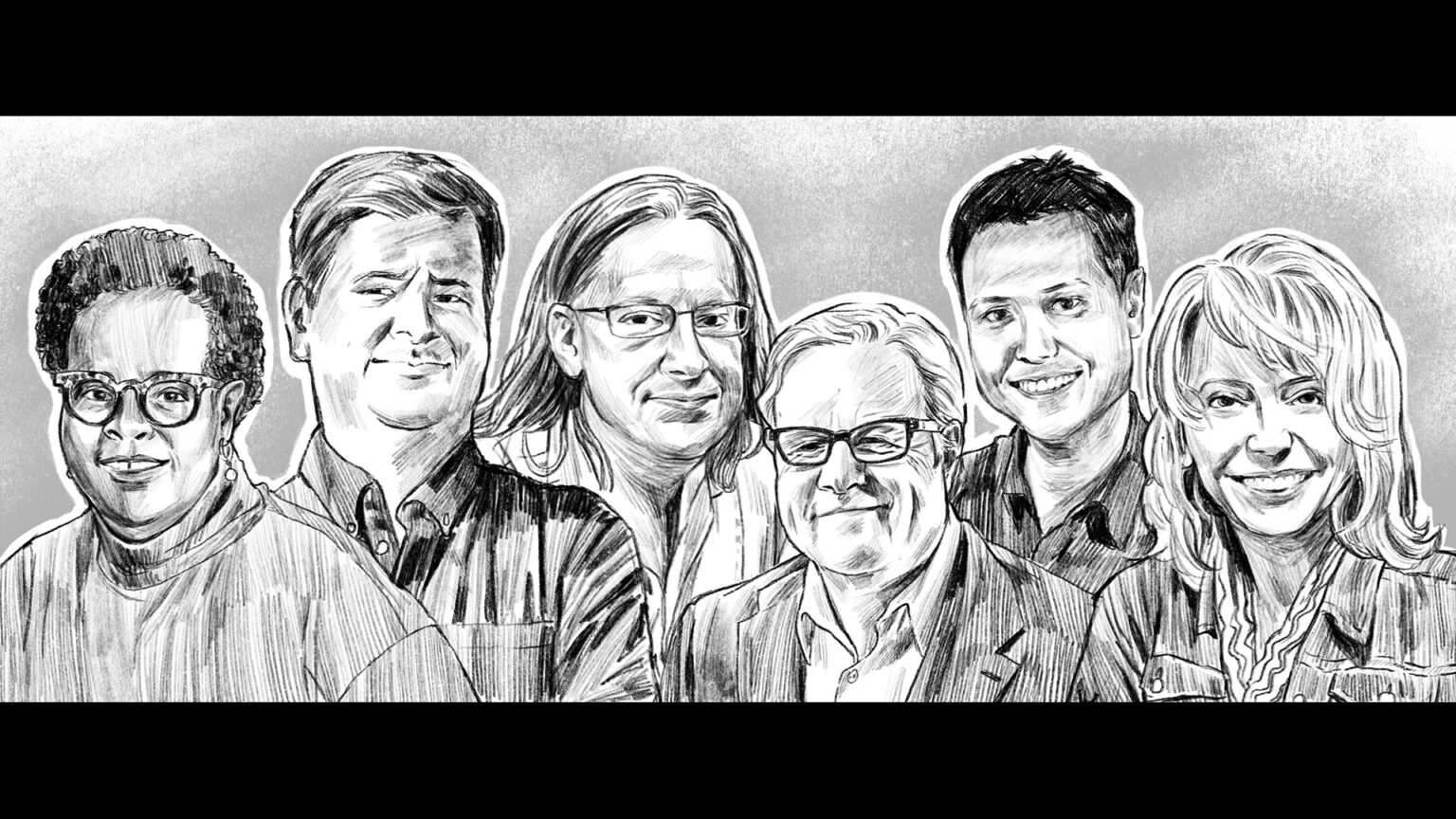
Left to right: Michelle Bryant, WNOV; Pat Kreitlow, Civic Media; Rob Ferrett, WPR; Steve Scaffidi, WTMJ; Dan O’Donnell, WISN; Vicki McKenna, WIBA (Credit: Madeline Vogt for Wisconsin Watch)

This story was originally published by Wisconsin Watch.
The 2024 Super Bowl was a Sunday afternoon of American unity around good food, family and friends, funny ads, the halftime show and, of course, football. The next morning, the differences in discussion among various Wisconsin radio hosts across the political spectrum could not have been starker.
Conservative talk show host Dan O’Donnell on WISN in Milwaukee quickly shifted from discussing his lifetime support for the Kansas City Chiefs to sarcastically suggesting President Joe Biden didn’t sit for a pre-game interview due to his poor mental acuity.
Pat Kreitlow, a former Democratic lawmaker turned liberal talk show host of UpNorthNews Radio on Civic Media, interviewed frequent show guest Kristin Lyerly — who would soon after be launching a congressional campaign — about her involvement in the 1992 Super Bowl halftime show.
Another conservative talk show host, Vicki McKenna on WIBA in Madison and WISN, derided a performance of “Lift Every Voice and Sing,” also known as the “Black national anthem,” being sung before the U.S. national anthem as a “fake national anthem.”
Milwaukee WNOV host Michelle Bryant, a politically active Democrat, related the amount of taxpayer money used to build the new Las Vegas Raiders stadium to a local housing issue.
Also in Milwaukee, WTMJ’s Steve Scaffidi, a self-described Republican, spent a segment on his show discussing with a co-host and callers which Super Bowl ads were their favorites.
WPR’s Rob Ferrett didn’t mention the Super Bowl at the top of his since-canceled afternoon show Central Time, instead doing interviews with Sen. Tammy Baldwin about environmental issues along the Mississippi River, the author of a book on how modern medicine has been biased against women and a Wisconsin film expert on the history of a 100-year-old pipe organ in a Milwaukee theater.
Divided Americans are often described as living in different media bubbles, so for this story University of Wisconsin-Madison journalism students listened to several radio hosts across the political spectrum to report on just how different those bubbles are.
They listened to six hosts in particular for four hours each during the week of Feb. 12 and continued to listen to those hosts and take notes throughout the rest of the semester on what they heard. For those four hours they checked every statement from each host for any factual errors. The students categorized any opinions they heard as liberal, moderate or conservative.
The students found clear differences in how much each host opined, how much they asked questions of guest experts, how often they spoke with callers and how much advertising appeared on each program.
But perhaps the most notable finding was that stations with the biggest audience and the most advertising gave a platform to the hosts who presented the most misinformation.
Misinformation
The investigation found McKenna made 39 unsupported or provably false statements over the course of the four hours reviewed, followed by O’Donnell’s 14. Kreitlow and Bryant each had three, Scaffidi had two and Ferrett — the only one of the six whose show has since been canceled — had zero.
McKenna, a longtime conservative firebrand, had her facts wrong on immigration, Wisconsin politics and claims that the 2020 election was rigged. One of her main targets was Wisconsin Elections Commission Administrator Meagan Wolfe, whom McKenna blamed for decisions made by the six-member bipartisan Wisconsin Elections Commission.
“Wisconsin should have been won for (President Donald) Trump but for Meagan Wolfe,” McKenna said, referencing a disputed study from conservative think tank The Heartland Institute.
She also spread false claims that the shooter at Joel Osteen’s megachurch who wounded two people was a transgender immigrant in the country illegally. In reality, the shooter had lived in Texas for some years with a state ID and did not identify as transgender.
“The shooter is a man who is an illegal migrant from El Salvador who identifies as a woman,” McKenna said. “So how many does that make now? Eight? Seven? Trans shooters?”
A 2023 fact check of the claim of a rise in transgender shooters also found no evidence to support it. At the time, only 0.1% of mass shootings since 2016 were carried out by someone who identified as transgender, far fewer than than 1.6% of Americans who identify as transgender or nonbinary.
McKenna declined an interview request and didn’t respond to multiple emails seeking her review of the statements flagged by students. A Wisconsin Watch review of more than 50 statements flagged by students whittled the list down to 39 that were not supported by evidence or could be disproven with credible sourcing.
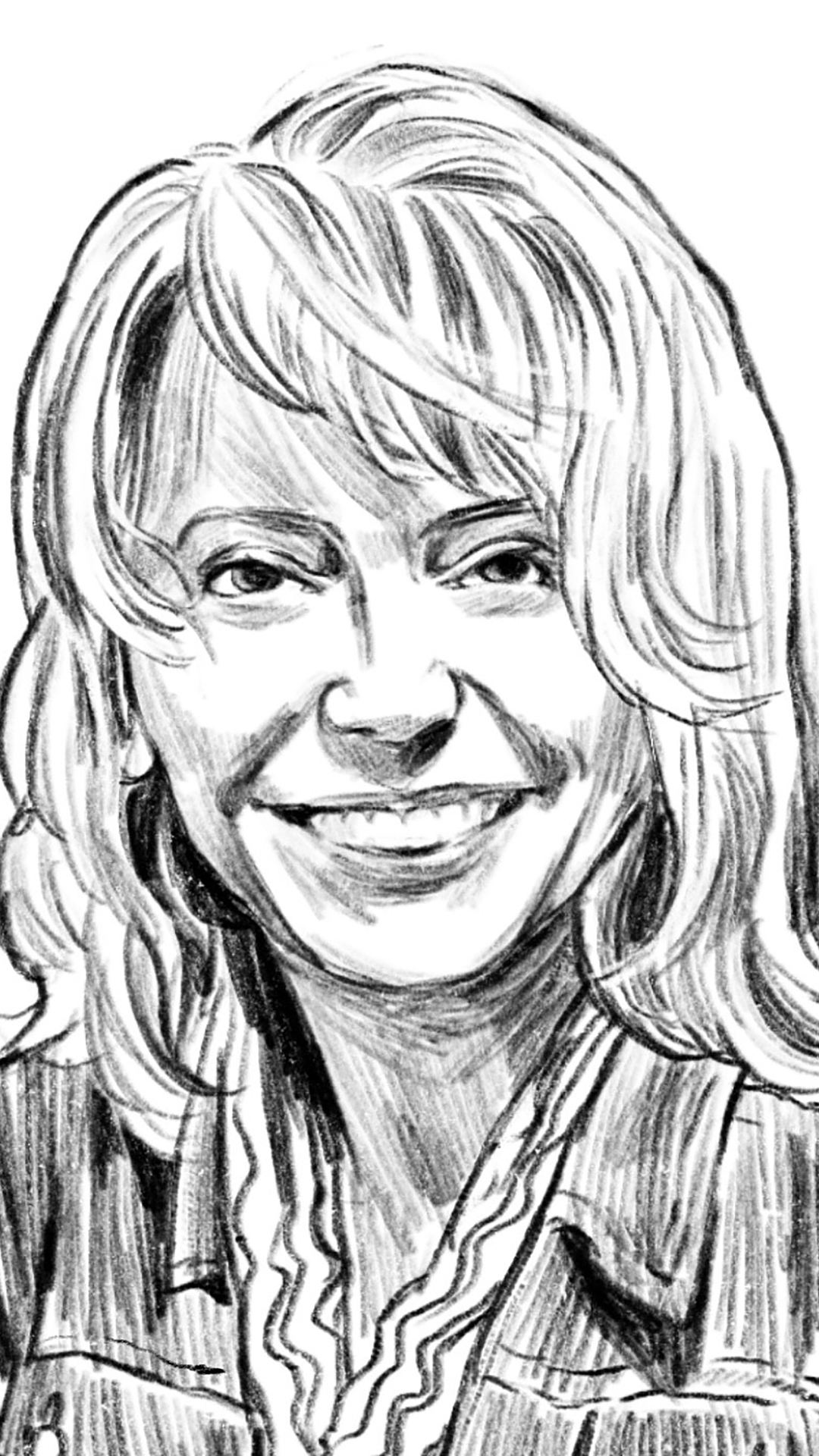
Vicki McKenna, WIBA (Credit: Madeline Vogt for Wisconsin Watch)
O’Donnell’s misstatements included claims that Big Macs had shrunk over the previous decade (they haven’t), that a Super Bowl ad featuring different people washing feet used AI-generated images (it didn’t) and that Walgreens stores were closing because of rampant theft (the company said those claims were overblown a year earlier).
When presented with a list of more than 20 statements the students had flagged, O’Donnell threatened to write an article about how Wisconsin Watch was “using” University of Wisconsin students. Wisconsin Watch has partnered on projects with UW-Madison’s investigative journalism class for years as part of its commitment to train current and future investigative journalists.
O’Donnell also said he would name in his article the student who interviewed him for this series and claimed the student didn’t tell him the interview was for Wisconsin Watch. In fact, the student had informed O’Donnell that the story was for Wisconsin Watch by email before interviewing him.
“This is about as underhanded as it gets and I believe his potential employers should know about his (and your) utter lack of basic journalistic principles,” O’Donnell wrote. He didn’t offer any response regarding the flagged claims. The Wisconsin Watch review whittled the list to 14.
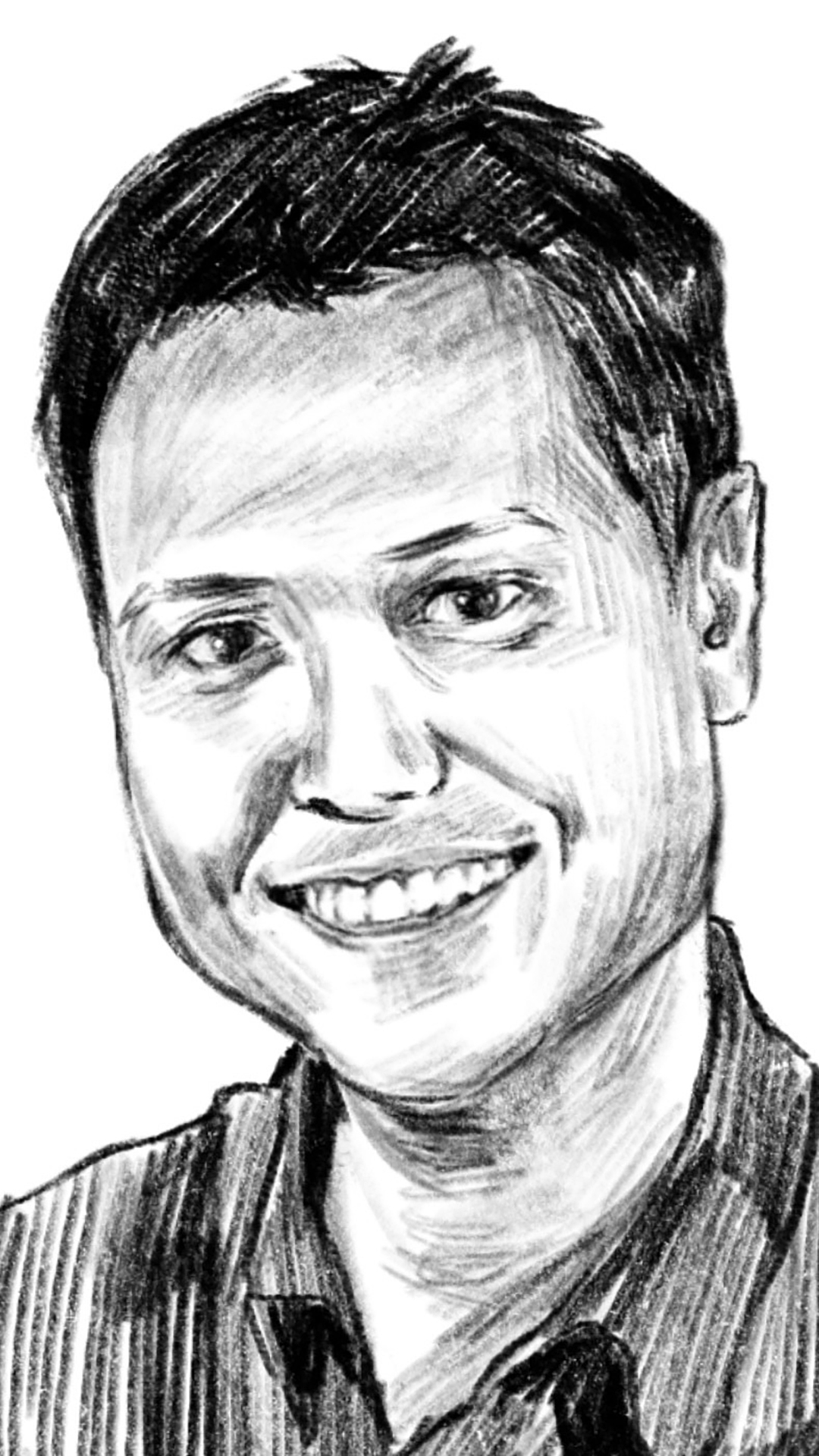
Dan O’Donnell, WISN (Credit: Madeline Vogt for Wisconsin Watch)
In contrast, when Bryant was presented with five flagged statements, she provided evidence to support two of them (Wisconsin Watch subsequently agreed they weren’t misstatements) and acknowledged she misspoke on the other three.
“I believe it is important to have accurate information and am happy to respond to the questions that you have posed,” Bryant responded. “I may misspeak, but not intentionally or lie or give misinformation. That grates me.”
Ferrett, who moved to a shorter morning show slot after his afternoon drive-time show was canceled, structured his show around live interviews with guests. He made no false statements, something that may have been easier given the majority of times he spoke on his show he wasn’t expressing an opinion or making a statement — he was asking a question.
The talk radio scene in Wisconsin has changed in many ways, including in regard to misinformation, according to former WTMJ host Charlie Sykes. During his more than 25 years on the air, he would be called out if he got something wrong. Listeners still tended to get their information from both sides through traditional media sources.
“For a lot of these guys now there is no fact check. There is no downside. There is no place that they go, ‘Oh my gosh. I’m gonna get busted for this,'” Sykes said in an interview. “This is how it’s different from the olden times when I was on the radio, because if I got something wrong, the local newspaper would slap me and they would slap me hard.”
Sykes attributed the rise in misinformation on conservative talk radio to a cycle of increased demand from audiences for partisan catering and outrage.
“The analogy that works for me the best is people who are selling meth on the street corner and somebody else comes on and they sell a stronger form of meth. And you keep having to have to compete with that,” Sykes said. “It’s not just entertainment, it’s keeping up with the audience’s demand to constantly be fed what they’re looking for.”
More advertising on conservative stations
In the summer of 2024, WISN host Mark Belling announced the station has the largest audience share of any talk radio station in the country. That’s apparent from the significant volume of commercial advertising on the station.
O’Donnell’s show consistently featured 15-20 minutes of advertising, or roughly 30% of each hour of airtime. Advertisers hawked a wide range of products and services including real estate, home remodeling and repair, divorce lawyers, financial advisers, grocery stores and auto repair. One company, MyPatriotSupply.com, took on the fear-mongering tone of a right-wing talk show host in its ad.
“It’s easy to see we’re being conned by the institutions we used to trust,” the ad began. “The mainstream media is distracting us with meaningless headlines instead of focusing on the harsh realities facing American families. We all know something big is coming. And that’s why so many folks are preparing. They’re becoming more self-reliant by investing in emergency food storage from My Patriot Supply.”
Kreitlow’s show on Civic Media consistently featured 5-10 minutes of advertising, or roughly 10% of each hour of airtime.
The advertisements on UpNorthNews Radio were primarily for different shows from owner Civic Media. The show occasionally had advertisements for an auto parts store, as well as from A Better Wisconsin Together, a progressive group that boosts Democrats.
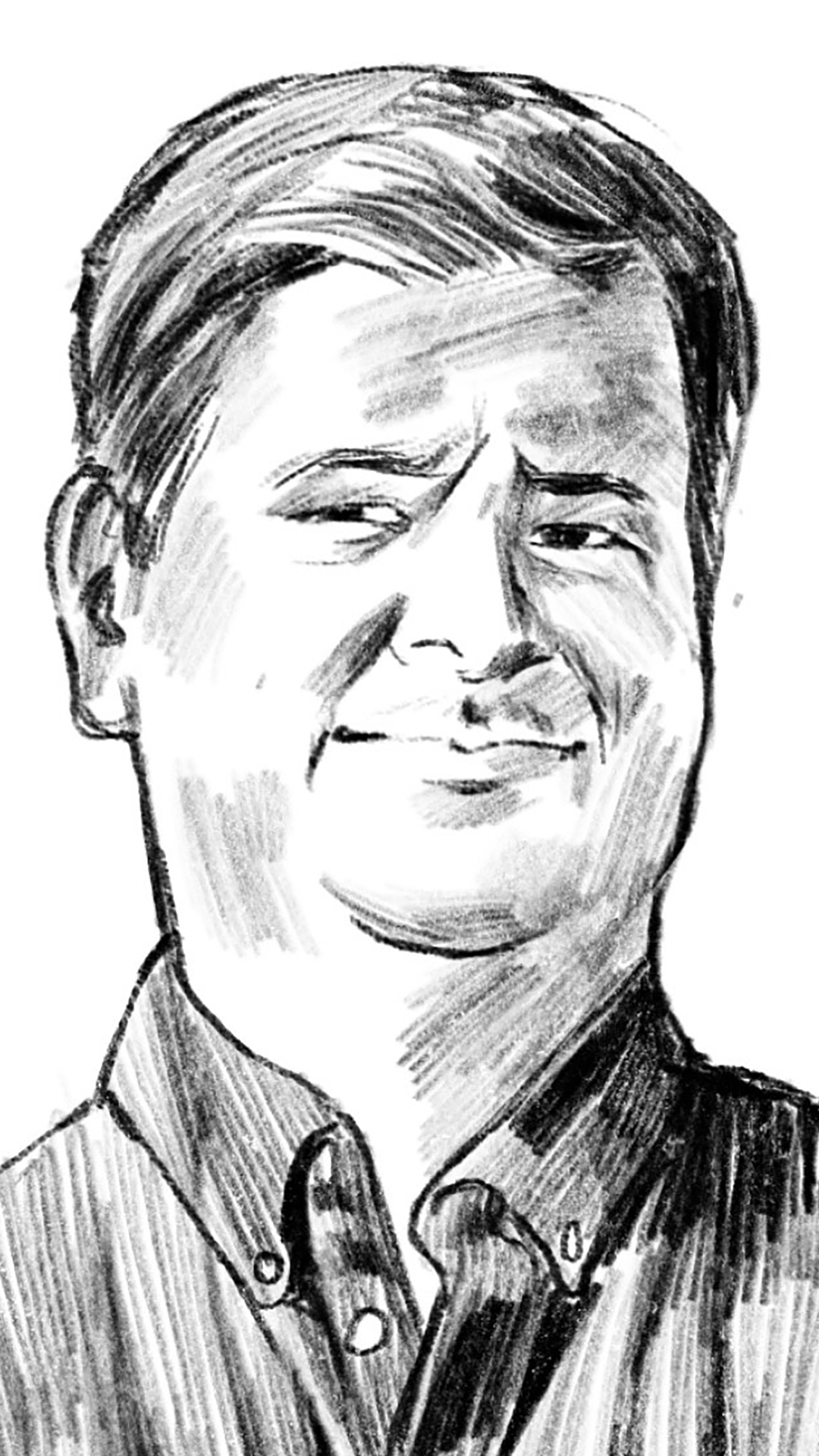
Pat Kreitlow, Civic Media (Credit: Madeline Vogt for Wisconsin Watch)
Advertisements during McKenna’s show, which appears on WIBA in Madison and WISN in Milwaukee, both iHeartMedia stations, were mostly non-political, but those that were political included ads from the Democratic Legislative Campaign Committee, an organization that, according to its website, seeks to put Democrats in office across the country.
Ads airing during McKenna’s and O’Donnell’s shows encouraged listeners to buy gold stocks through gold IRAs.
On Central Time, which featured sponsors such as the Wisconsin Department of Tourism and a nature hobby store in Madison, Ferrett and guest Jeremy Merrill from the Washington Post discussed how the type of gold IRAs advertised on conservative outlets has become the subject of lawsuits.
Companies running gold IRAs often take large commissions or premiums that leave investors with less money than they started with, even if gold stocks went up, Merrill said. These gold investment companies have been taken to court multiple times, but have successfully argued that their processes are transparent, leaving investors at a loss.
Worldviews differ across stations
The six hosts represented a range of political viewpoints across the political spectrum, with Bryant and Kreitlow voicing almost entirely liberal opinions, O’Donnell and McKenna voicing almost entirely conservative opinions and Scaffidi expressing predominantly moderate points of view.
Not all political discussion tilted one way or the other. Ferrett mostly interviewed experts and refrained from adding his opinions — instead providing the latest news on Trump’s criminal court proceedings or Biden’s actions in office.
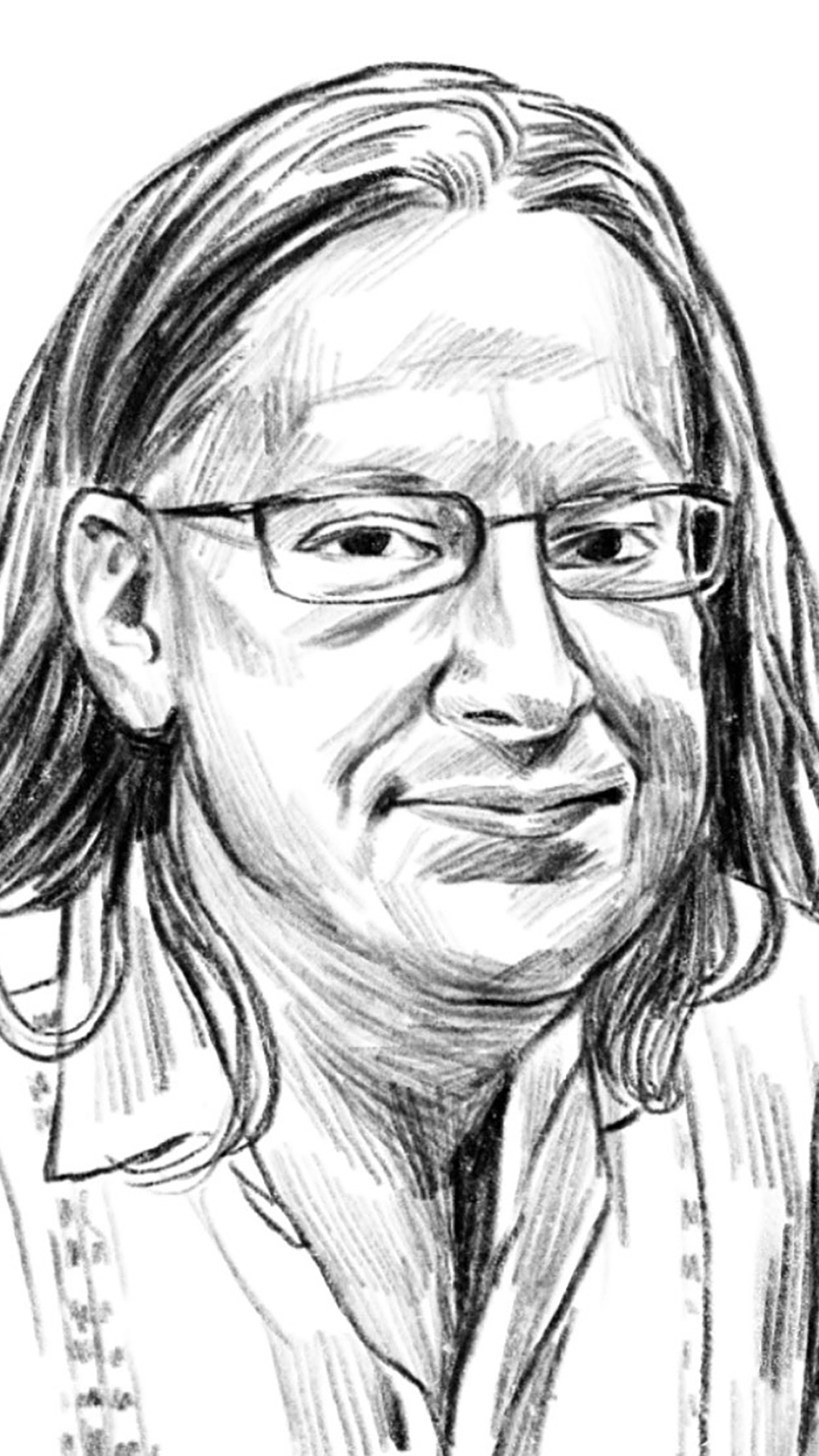
Rob Ferrett, WPR (Credit: Madeline Vogt for Wisconsin Watch)
O’Donnell and McKenna clearly displayed their views about Trump and Biden. O’Donnell described himself in an interview as an opinion journalist who prosecutes the case against liberalism and the Democratic Party on his show. He rarely talked about Trump and constantly needled Biden, oftentimes sarcastically.
“Do you remember President Biden’s press conference?” O’Donnell said during his Feb. 15 show. “He doesn’t, but I’m sure you do.”
McKenna frequently demonized Biden and praised Trump using hyperbolic, incendiary language.
“Joe Biden wants you to think he’s the good guy … but would the good guys facilitate human sex trafficking of children?” McKenna asked while discussing immigration.
Bryant, who often talks about local politics, mentioned how Trump during his presidency issued an executive order to stop all diversity, equity and inclusion training from federal agencies.
“When you got Black men sitting up (and) talking about, ‘I’m voting for Trump,’ and I’m like, do you understand that this man does not value your I contributions?” Bryant said.
She made her distaste for Trump clear without mentioning Biden once during the four hours reviewed.
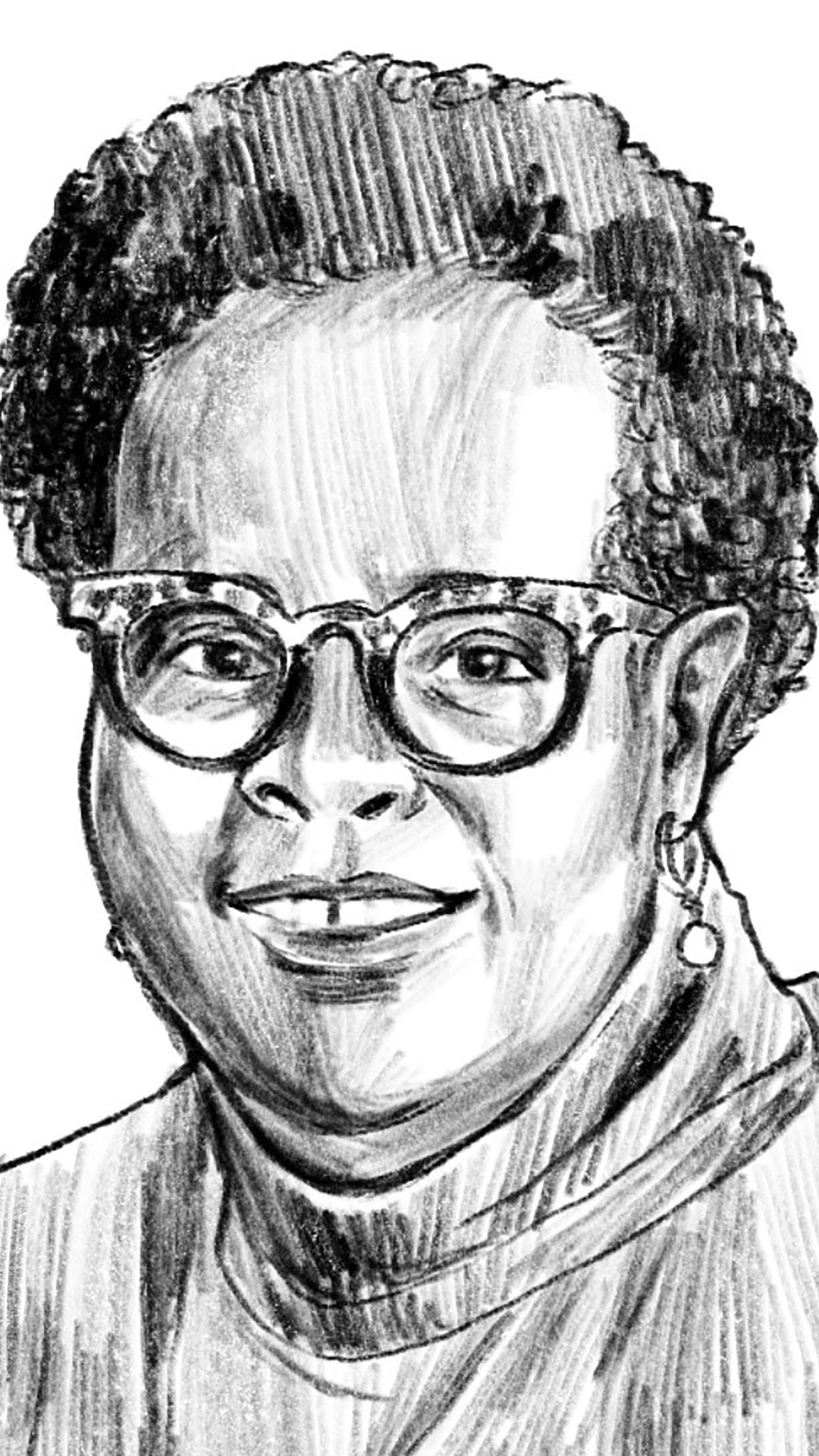
Michelle Bryant, WNOV (Credit: Madeline Vogt for Wisconsin Watch)
Kreitlow contrasted Trump’s and Biden’s records, describing how frequently they had visited Wisconsin and how they handled classified documents.
“There is such a difference between how President Biden handled documents, especially as vice president, compared to a president-turned-former president (Trump) and all the documents and national secrets and the sloppy way they were stored at Mar-a-Lago,” Kreitlow said.
In bolstering Biden, Kreitlow told his audience about Trump’s legal troubles, similar to how O’Donnell attacked Biden’s memory in defense of Trump.
Scaffidi describes himself as a Republican but often expressed anti-Trump opinions, questioning Trump’s Republican credentials. He disagreed with many of Trump’s policies and choices, citing differences between his actions and his words.
“It is somewhat fascinating that he’s considered a conservative by some people,” Scaffidi said. “I would argue he’s not really even a Republican yet here he is, the principal nominee for the nomination for president. I don’t know if I can reconcile all of that.”
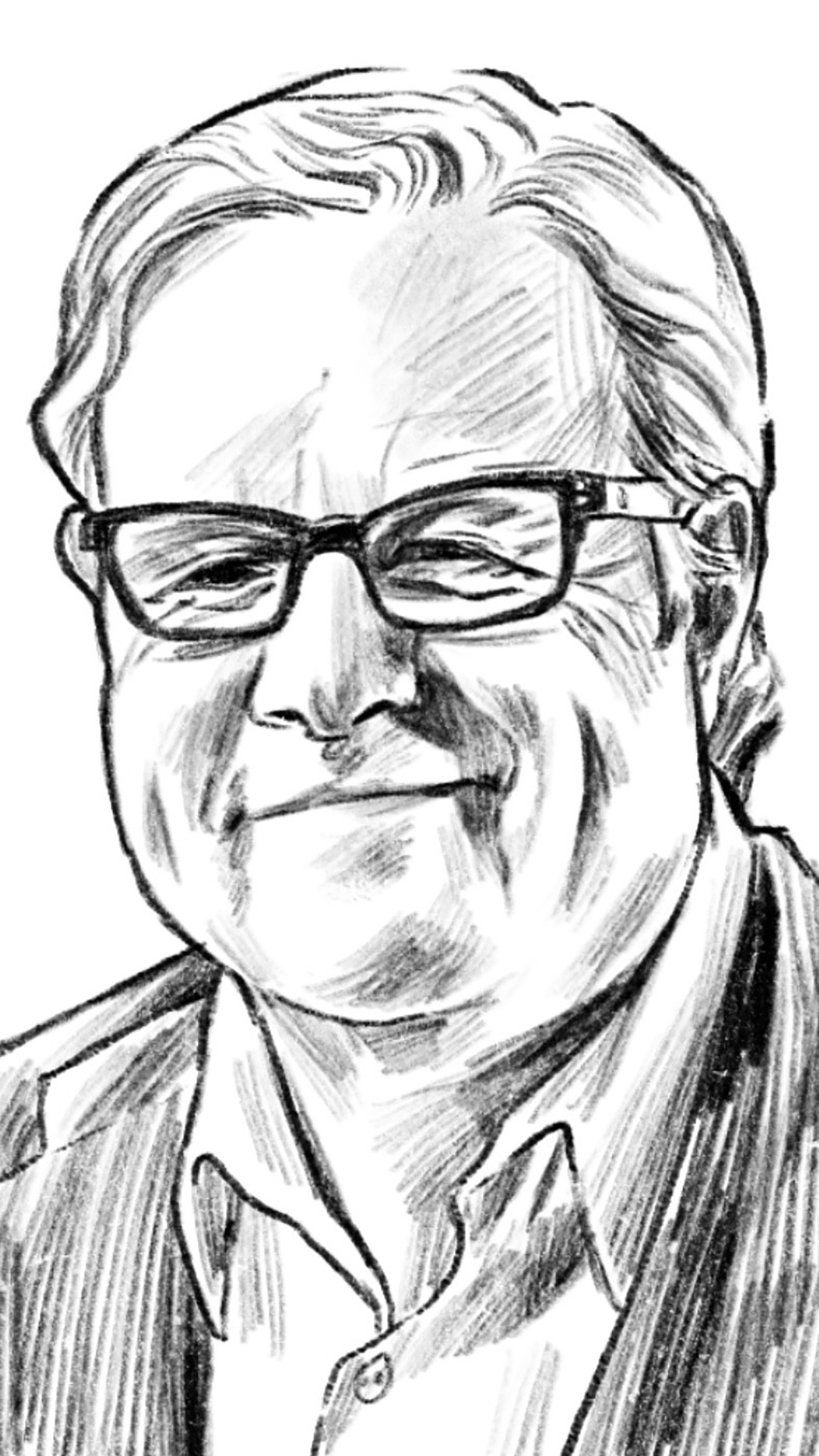
Steve Scaffidi, WTMJ (Credit: Madeline Vogt for Wisconsin Watch)
Scaffidi also criticized the dominance of conservative talk radio in southeastern Wisconsin, which his predecessor at WTMJ, Sykes, helped pioneer.
“This market, in particular Milwaukee, in southeastern Wisconsin, it has been infected by — and I know people made a lot of money doing it — constant noise, constant screaming into a microphone by mainly old white men, about politics in the most twisted fashion, which has, frankly, polluted our minds on this stuff,” Scaffidi told his audience. “Listening to three hours or two hours or whatever, of someone just saying things they agree with. How is that interesting? What kind of world do we live in, where everyone agrees with you all the time? Seems silly, specious, dumb, uninformed, intellectually lazy. But here we are.”
Share your views on talk radio
Talk radio still wields a lot of power and influence in Wisconsin politics, but the landscape is changing. Investigative journalism students at the University of Wisconsin-Madison in partnership with Wisconsin Watch spent the spring 2024 semester reporting on those changes, resulting in a six-part series: “Change is on the Air.”
One piece missing from that series: the perspectives of radio listeners. Do you listen to talk radio in Wisconsin? Do you listen to both conservative and liberal voices, or do you stay in one media bubble? Do you listen to local or national programs? Or during your commute have you switched entirely to podcasts?
Share your thoughts on the state of talk radio in Wisconsin, and we may publish your response in a future part of our series. Send an email to: [email protected].
 Passport
Passport




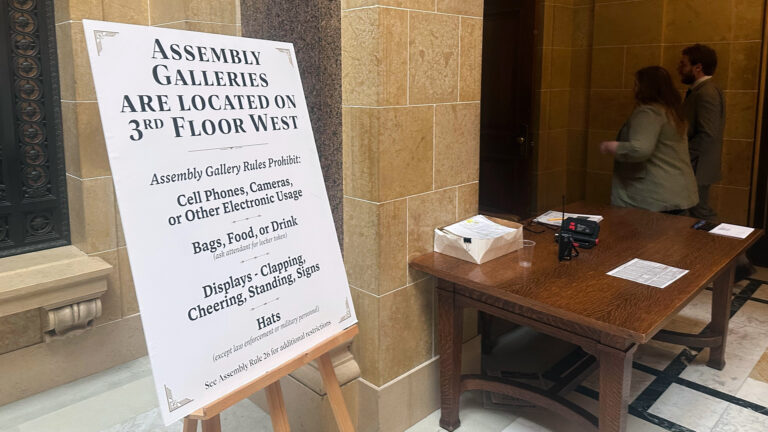
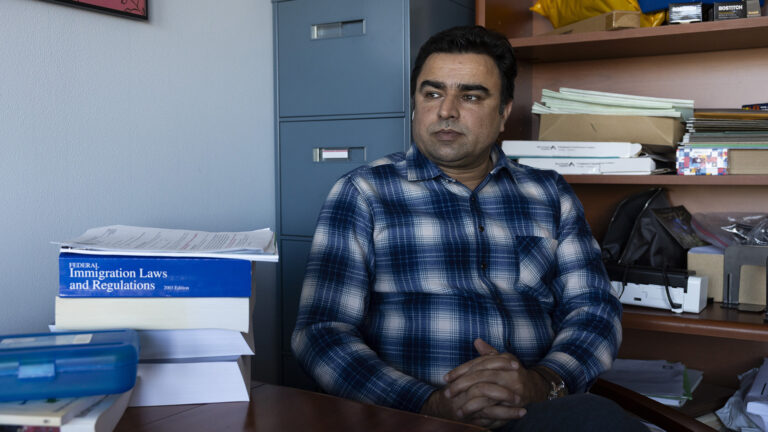

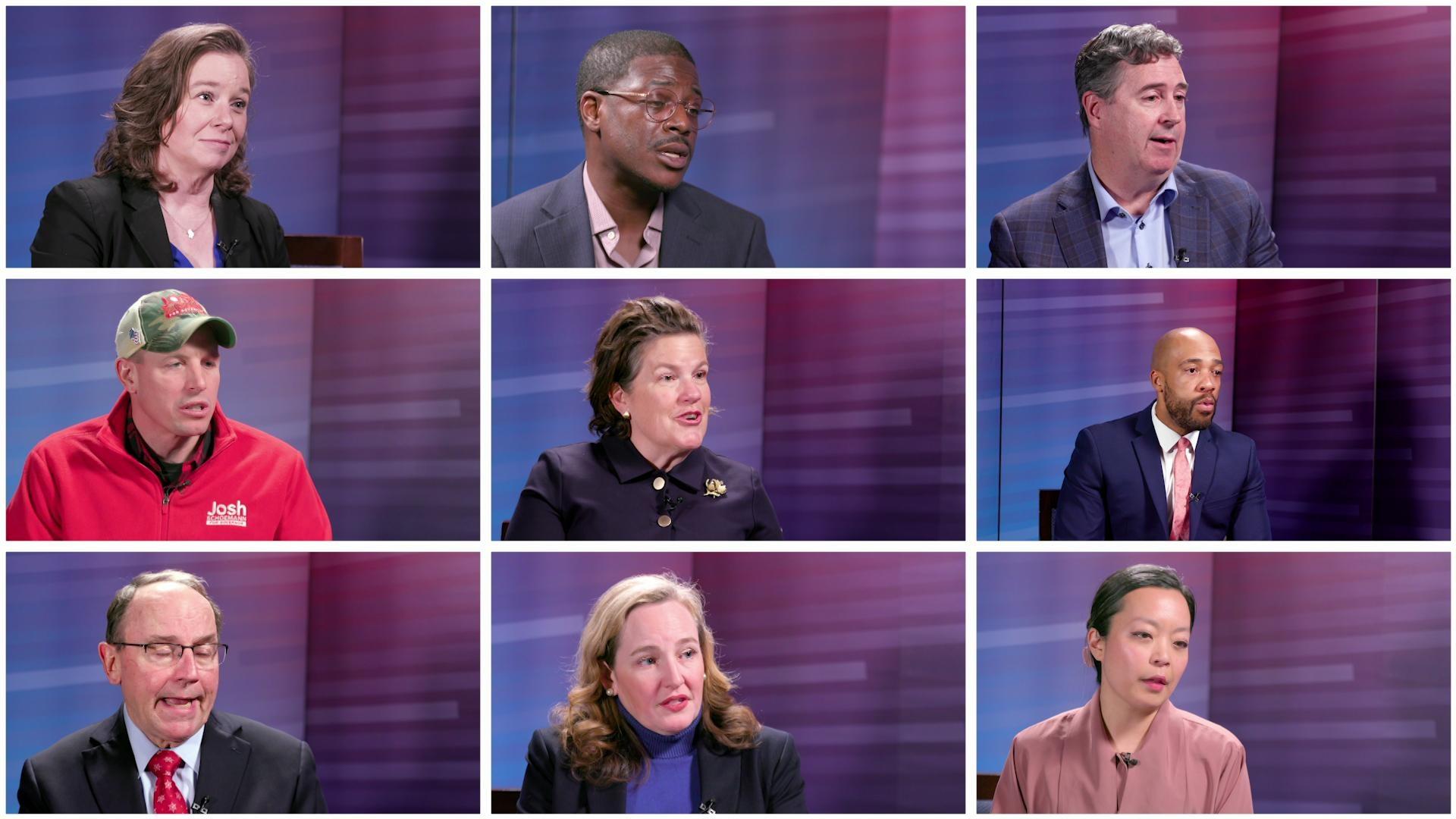
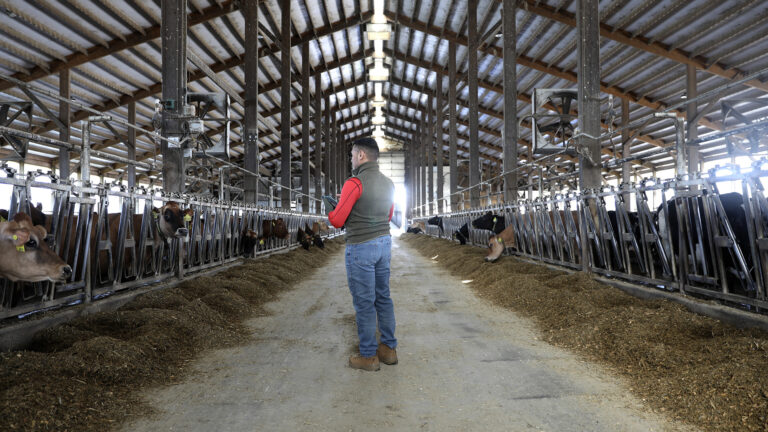
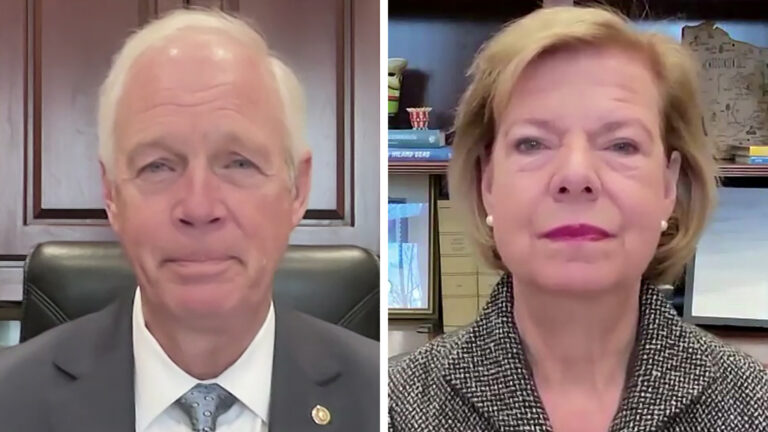

Follow Us